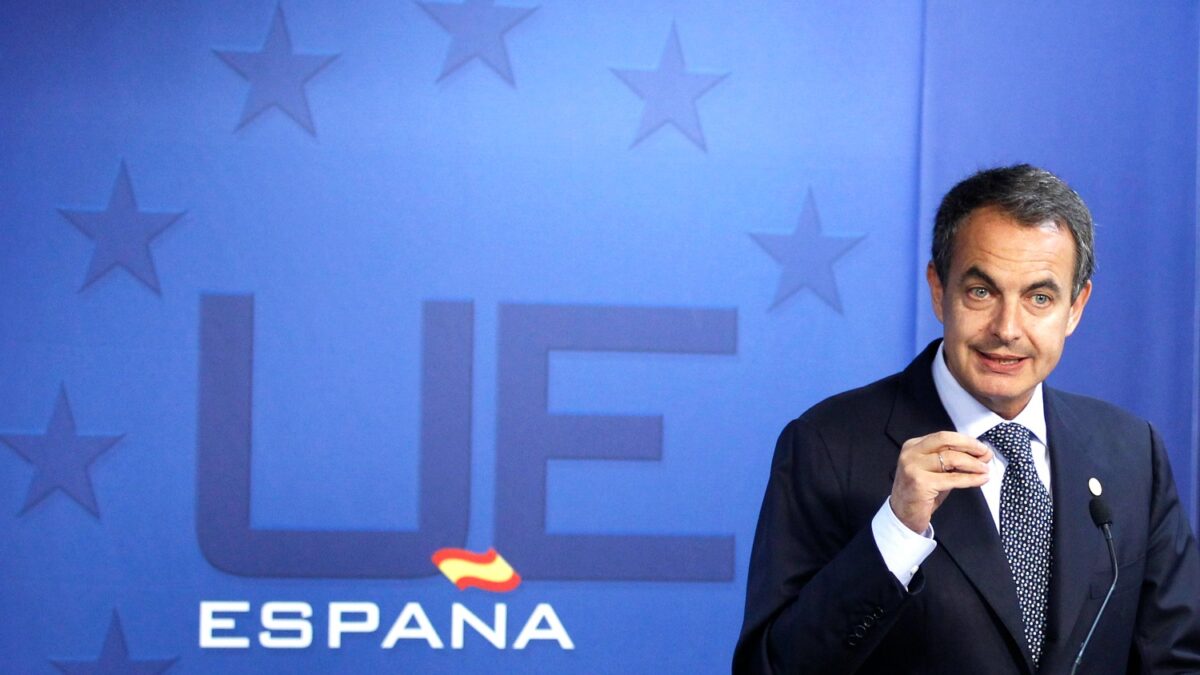Does Spain Deserve These Politicians?
As most journalists, politicians, diplomats and tourists know, Spain is a country where hardly anybody speaks English (the global language, like it or not). Dictator Franco was careful to keep the country disconnected from the rest of the world, so during his 40 years of mandate, information coming from the outside world (“el extranjero”) was filtered or straightforwardly censored. Movies approved by the Regime were dubbed, with scripts frequently altered. Spanish democracy has removed all controls, of course, but the isolationist attitude remains. José Luis Rodríguez Zapatero, former president and socialist guru, recently explained on television that the idea of a president having to speak English is a bourgeois conservative expectation. Really. He said it. During his long eight years in office, Mr. Zapatero was notoriously unable to communicate with anybody at EU summits and when showing the Moncloa Palace gardens to French president Jacques Chirac and former German chancellor Gerhard Schroeder in 2006, the only thing he managed to say was: “Every day, bonsai” (referring to the bonsai trees).

As most journalists, politicians, diplomats and tourists know, Spain is a country where hardly anybody speaks English (the global language, like it or not). Dictator Franco was careful to keep the country disconnected from the rest of the world, so during his 40 years of mandate, information coming from the outside world (“el extranjero”) was filtered or straightforwardly censored. Movies approved by the Regime were dubbed, with scripts frequently altered. Spanish democracy has removed all controls, of course, but the isolationist attitude remains. José Luis Rodríguez Zapatero, former president and socialist guru, recently explained on television that the idea of a president having to speak English is a bourgeois conservative expectation. Really. He said it. During his long eight years in office, Mr. Zapatero was notoriously unable to communicate with anybody at EU summits and when showing the Moncloa Palace gardens to French president Jacques Chirac and former German chancellor Gerhard Schroeder in 2006, the only thing he managed to say was: “Every day, bonsai” (referring to the bonsai trees).
When elected in 2004 (barely 3 days after the Madrid terrorist attack of March 11 that altered the general election outcome), Zapatero challenged his own country, that had democratically designated him, calling into question the constitutional legitimacy of the Spanish nation. This autocratic stance was followed by a unilateral rejection of the conservative party (PP) –the legacy of the Republican side in the civil war allegedly giving grounds to this bizarre totalitarian move– and full support of Catalonian nationalism. Can anybody imagine, say, President Obama declaring that the United States is not a legitimate nation, demanding that the Republican Party be banned and supporting Texan independence? Well, this Spanish socialist whiz is the man that the EU could appoint special envoy to Venezuela. Good luck with Mr. Z, everybody!
